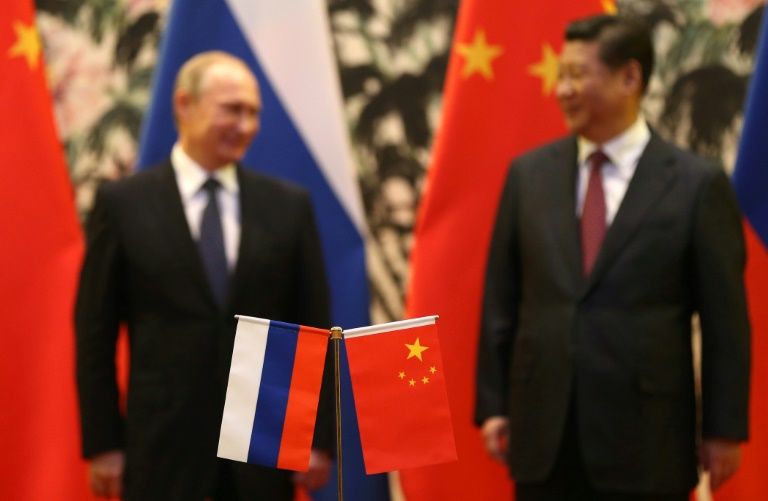Russia-China joint exercise sends a message to US

An unprecedented joint China-Russia bomber patrol over disputed territory off the coast of South Korea and Japan was a "massive development" in their bid to challenge US influence in the region, analysts said Wednesday.The joint patrol caused outcry from Washington's two main allies in the region after both Tokyo and Seoul claimed a Russian plane violated their airspace.
Seoul said a Russian warplane twice entered South Korean airspace near the disputed Dokdo islets - which Tokyo also claims and calls Takeshima - and that it fired warning shots in return. Japan also said it scrambled fighter jets in response.
"It's a big deal because it displays confidence that the air forces of the two nations can coordinate a patrol of this nature in ways that the region will almost certainly find destabilising," said Lyle Morris, senior policy analyst at RAND Corporation.
China and Russia have increasingly close ties and have conducted a number of joint military exercises, but this bears extra political significance for taking place over disputed islands which are a source of simmering diplomatic friction between Japan and South Korea. Ahn Chan-il, a researcher in Seoul, told AFP the violation of the disputed airspace was "deliberate".
"China and Russia are seeking to counterbalance Washington when it comes to North Korea's nuclear issues," he told AFP. "(They) are causing trouble in order to gain dominance in the region by provoking Washington's two key allies."
Both Moscow and Beijing have denied the exercise targeted other countries or violated disputed airspace, but the move was a bold one, say analysts, which targeted the region's two main US allies at the same time.
Adam Ni, China researcher at Macquarie University in Sydney, said it was also significant that the bombers involved - two Chinese H-6Ks and two Russian Tu95s - were nuclear-capable, "so it's sending an additional message". "I think that is a fairly massive development in terms of the regional security landscape," he said. Trade between Moscow and Beijing was up 25 per cent in 2018.
